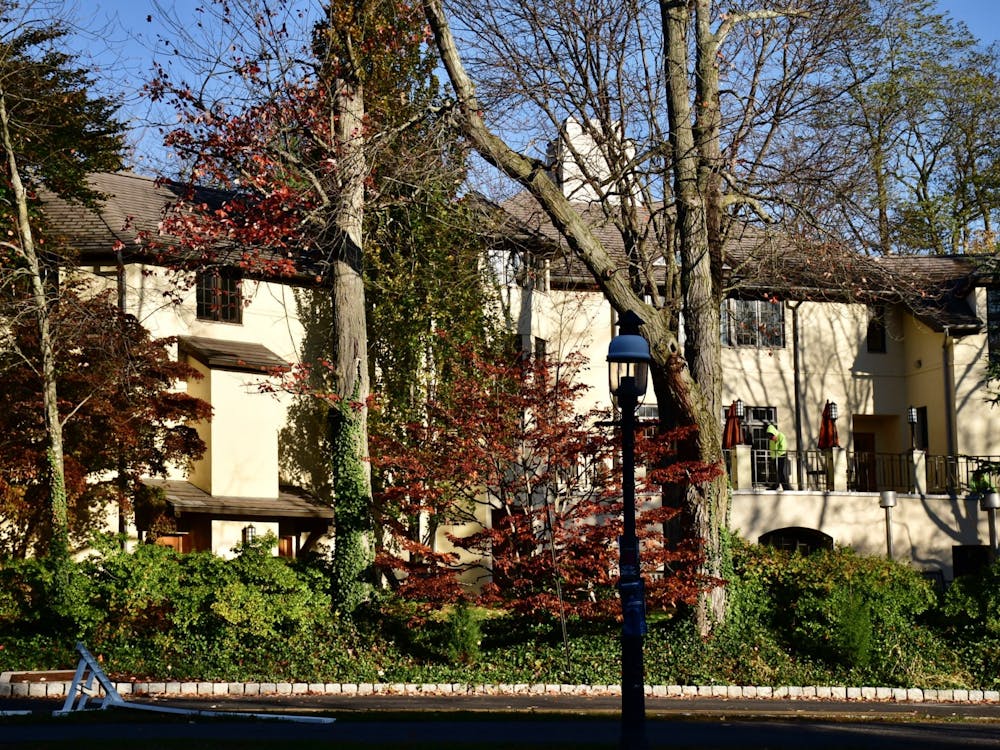For many University students, on-campus housing and fire safety policies are pervasive. While safety is the stated rationale for all policies, some policies in place — for example, the University’s current microwave and door-hanging restrictions — are both overly strict and ambiguous as to their specific purposes. The Editorial Board recommends that the housing and fire safety committees either reevaluate these policies, or provide specific rationales for these policies to students.
Despite its current policies, the University is still not among the top schools in the state for fire safety ratings, as awarded by the Princeton Review. Two schools, the New Jersey Institute of Technology and Montclair State University, both received top scores of 99 (on a 60-99 scale). However, the University, which received a score of 89, prohibits students keeping microwaves in their dorms that are not rented through the University’s Student Agencies department, unlike NJIT and Montclair State, which both allow microwaves in student dorms.
Dormitories Manager Ken Paulaski said that the primary reason microwaves are not permitted in student rooms is that “not all dormitories can handle the electrical load required for microwaves.” Paulaski said that MicroFridges — a brand which offers an all-in-one refrigerator, freezer and microwave — are permitted because they are designed so that when the microwave is operating the power to the refrigerator is inactive until the microwave is not in use. However, at $289 for only a year, the permitted devices require a significant cost for students to rent temporarily.
Though some Princeton dormitories are older and may not possess the electrical capacity to run microwaves of a certain voltage safely, this does not necessarily require a universal ban. Rather, like both NJIT and Montclair State, a more liberal option could be to restrict the power capacity of dorm microwaves. At any rate, regardless of whether microwaves could be allowed in the future, it would be reasonable for the housing and fire safety offices to make the rationale for these policies easily available to students.
In addition to the microwave ban, the Board suggests that current policies prohibiting students from attaching posters and other signs to their dorm room doors have specific rationales posted online, especially since other institutions such as Columbia, Brown and Cornell allow students to post signs on the exterior of their doors (some with certain size restrictions, such as an 8½-by-11 piece of paper in the case of Cornell). Even if a large poster on a door truly does block the “means of egress,” a small paper or name sign would pose much less of a hazard and should be acceptable.
In light of these examples, the Board recommends that the University fire safety and housing offices reconsider current policies — in particular, the current microwave ban and means of egress policy — and, if the policies should stand, add a section on either department’s webpage explaining their specific rationale for the policies. Though these policies may seem like small matters, they are often nuisances in students’ daily lives, and clearly justifying them would lead to a homier and safer living space for all students.
TheEditorial Boardis an independent body and decides its opinionsseparately from the regular staff and editors of the ‘Prince.’ The board answers only to its Chair, the Opinion Editor and the Editor-in-Chief.







